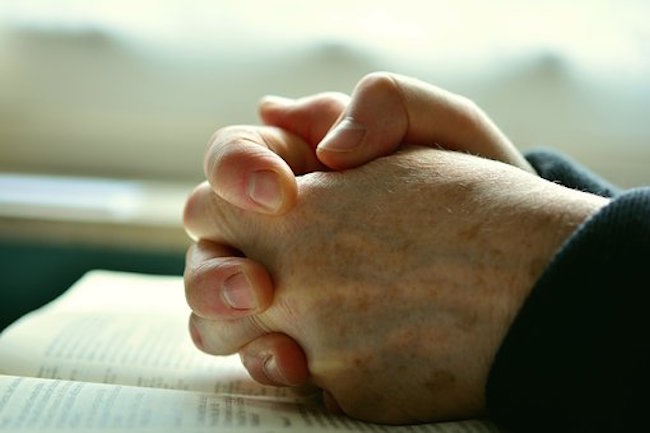WHY YOU SHOULD WANT TO PRAY FOR YOUR CITY by Michael Horton for Core Christianity
Exiled from the land, the Israelites were exhorted by the Lord to use their days wisely. God gave the prophet Jeremiah a letter to read to them (Jer. 29): Babylon was not their home, but they were not to spend these years lamenting for the “good ole days,” as they had been.
According to Jeremiah’s letter, there never were any—Israel had adopted an idolatrous and sexually immoral way of life, oppressing the poor and the exile, and cheerfully embracing the false doctrines of the “lying prophets” who pretended to have revelations of prosperity over against Jeremiah’s calls to repentance. The “good ole days” turned out to be nothing but the calm before the storm of God’s judgment as they were carted off to Babylon in chains.
Yet the Lord was still with them, promising a new day when he would turn their sorrow to joy. He exhorted them to: (1) go about their daily lives, planting vineyards and sharing the common ups and downs with their pagan neighbors; (2) grow in numbers, both through covenant families and by witnessing to their neighbors through their hope in Yahweh’s promise; (3) ignore the false prophets; and (4) pray for the city and its rulers (v. 10).
The New Testament locates our existence on a similar position on this map of history. Placed at the intersection between the “two ages”—“this present evil age” in bondage to sin and death, and “the age to come” under the reign of righteousness and life—our lives are marked by tension.
We are baptized into Christ: we are justified and are being renewed, gradually conforming to Christ’s image. Through his enduring word and sacraments, the age to come breaks into this present age that is fading away. “We are receiving a kingdom that cannot be shaken” (Heb. 12:28), which frees us to take our temporary citizenship seriously, but not too seriously.
As Rome was sacked, Jerome asked, “What will become of the church now that Rome has fallen?” Augustine realized that the real question wasn’t whether Rome would continue but whether the church would remain faithful to the word. Would it, like Judah, corrupt that word with false doctrine and worship? Would the lives of Christians be noticeably different from the preoccupations and loves driven by a nihilistic worldview?




